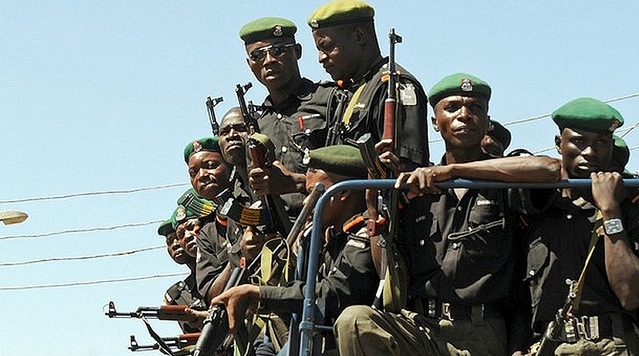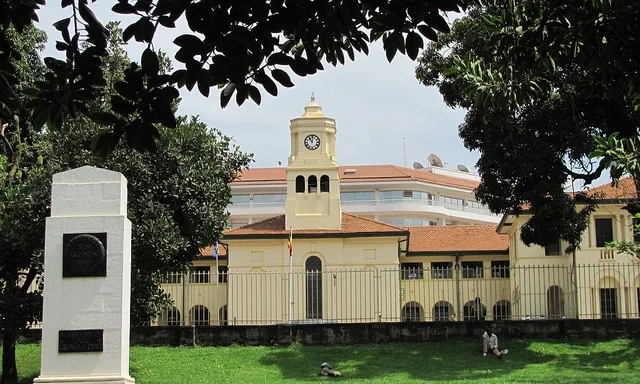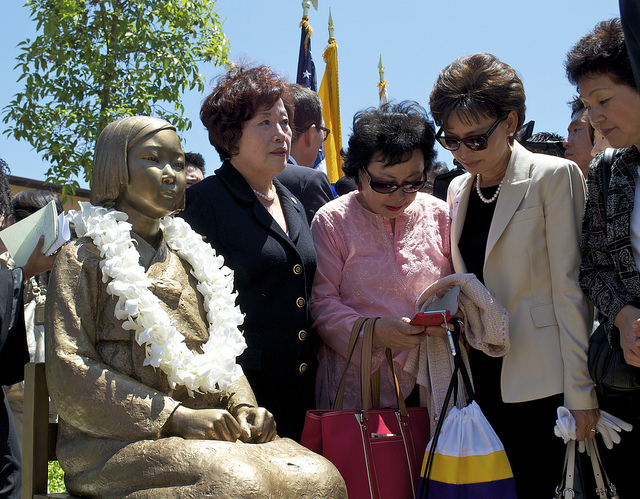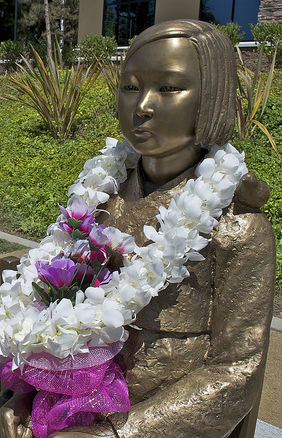Buhari's First Challenge: Military Mass Killings
/NIGERIA - Amongst the feeling of hope and a fresh start in the air from President Muhammadu Buhari's inauguration, Nigeria was slammed this week with a report from Amnesty International that claims the Nigerian military is tied to over 8,000 deaths in the country.
The research for the report has been conducted since 2009, in alignment with the rise of the Boko Haram insurgency. While the rise in violence by the military was driven by Boko Haram, the report finds that the majority of those 8,000 deaths have nothing to do with Boko Haram members.
This process was started through widespread rounding up of boys and young men, over 20,000 of them, based on often unreliable informants and poor intelligence. The report states that one could be arrested based on the word of a single unidentified informant. Upon arrest, the thousands of prisoners were placed in detention centers where they were commonly cramped into overcrowded cells in abysmal condition.
Many died from starvation, dehydration, suffocation and preventable diseases, as the prisoners were kept from adequate water, food and basic hygiene and sanitation. In one case, a detention center survivor told Amnesty, they were denied water for two days and 300 inmates died. In these dire situations, they were often forced to drink urine.
Those who were able to survive these terrifying living standards were still at risk of the brutal treatment by the military commanders, which included extrajudicial killings, torture, electrocution, and a myriad of other horrifying tactics. On March 14, 2014, after a Boko Haram attack on the Giwa barracks (and detention center), the military killed at least 640 men and boys who were imprisoned there. Satellite analysis has confirmed the presence of multiple mass graves in the area shortly after this date.
More worrisome is that this system of detainment and mass murder was widely known through all levels of the Nigerian military, including senior officials, Chief of Army staff and Chief of Defense Staff who regularly received reports of military activity in these regions of war-torn Northern Nigeria.
As stated in Amnesty's report, "A high ranking military officer...further said: '...people were not strong enough to stand...They keep them to die. They are deliberately starved. The effect is devastating. You have massive deaths. I believe close to 5,000 [in total] have died like that. It increased after the state of emergency.'" This behavior indicates that the Nigerian military's strategy to fight Boko Haram included murdering thousands of boys and young men without giving them fair trials or even the slightest confirmation that they were tied to the terrorist organization. Through this tactic, they managed to make the Boko Haram insurgency more detrimental to their country and its citizens.
Since the report has surfaced, the Nigerian military has rejected the findings as "concocted and biased," and even called Amnesty International an "irritant" in a Premium Times' article. Regardless of their response, the international community is up in arms over the findings and it is increasingly evident that new President Muhammadu Buhari must address these atrocities as soon as possible. If he wants to keep his promises of tackling human rights violations, it is imperative that he holds those who are guilty accountable and pave a new, morally upright pathway forward. The future of the country depends on it.
The entire report can be found here.
Africa Correspondent: @JessamyNichols
LinkedIn: Jessamy Nichols
























